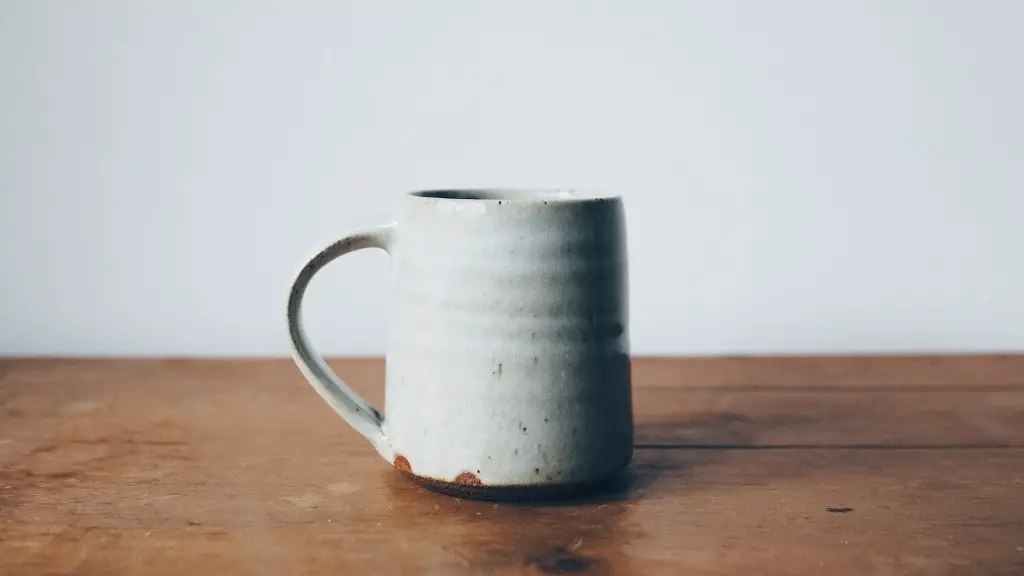Does Drinking Coffee Elevate Blood Pressure
In recent years, there has been an increasing interest in how drinking coffee may influence blood pressure.Some studies suggest that drinking coffee could be associated with increases in both systolic and diastolic blood pressure.But it’s important to look at the evidence behind these links and assess the quality of research done in this field. This article provides an overview of how coffee affects blood pressure, delving into possible interations with caffeine, individual genetics and lifestyle choices.
What is Blood Pressure?
Blood pressure is a measure of the force of blood pushing against the walls of the arteries as it travels through the body, and is expressed in units of millimetres of mercury (mm Hg). Blood pressure levels are typically measured in two values: systolic, the maximum pressure as the heart contracts, and diastolic, the minimum pressure as the heart relaxes between beats. Individuals who have values that are higher than the standard 120/80 mm Hg may be considered to have high blood pressure, which is known to increase the risk of stroke, heart attacks, and other cardiovascular diseases.
Caffeine and Blood Pressure
Caffeine is one of the most widely consumed substances, and one of the primary ingredients of coffee. Caffeine has been shown to increase heart rate, focus, energy and alertness and can cause a temporary spike in blood pressure in individuals who drink large amounts of it. However, it is important to note that drinking coffee in moderate quantities was not found to have an effect on blood pressure. Additionally, the effects of caffeine on the body can be mitigated by caffeine tolerance, meaning regular coffee drinkers may not experience an increase in blood pressure from drinking coffee.
Genetic Factors Related to Blood Pressure and Coffee Drinking
Some studies suggest that individual genetics may play a role in how an individual reacts to caffeine, and whether drinking coffee may increase their blood pressure. For example, some individuals may lack an enzyme that helps to break down caffeine more quickly and may have an increased response to it. Additionally, some findings suggest that individuals with a certain genetic variant may be more sensitive to the effects of caffeine and may respond with an increase in blood pressure. However, more research is needed to firmly establish any links between individual genetic factors and blood pressure responses to coffee drinking.
Lifestyle Choices and Blood Pressure
In addition to individual genetics and caffeine intake, researchers have also started to look at how lifestyle choices can also interact with caffeine and blood pressure levels. Studies suggest that individuals who are overweight or obese may be more sensitive to the effects of caffeine and may see larger increases in blood pressure when drinking coffee. On the other hand, individuals who engage in regular physical activity may be less sensitive to the effects of caffeine and may see less of an increase in their blood pressure levels.
Analysis and Insights
The evidence suggests that drinking coffee alone does not increase blood pressure. However, when combined with lifestyle choices and individual genetic factors, coffee drinking may be associated with a rise in blood pressure. Therefore, it is important for individuals to assess their individual needs and work with a medical professional to ensure that their blood pressure is at healthy levels.
Gender Differences
Recent research suggests that women may see an even larger increase in blood pressure when drinking coffee. Studies suggest that this could be due to hormonal differences between men and women, and researchers are still investigating the precise links between female hormones, coffee drinking and blood pressure. It is important to note, however, that the current evidence is still inconclusive, and more research needs to be done to fully understand any gender differences.
Intermittent Fasting and Coffee Consumption
Intermittent fasting is a dieting technique that has been popularised in recent years, and involves eating meals at certain intervals throughout the day. Studies suggest that individuals who fast intermittently may be less sensitive to the effects of caffeine, and may see less of an increase in blood pressure after drinking coffee. Additionally, it has been suggested that the antioxidants present in coffee may be beneficial to the body when combined with intermittent fasting.
Coffee and Hypertension
Hypertension, also known as high blood pressure, is a medical condition that is associated with increased risk of stroke, heart attack and other cardiovascular diseases. Research suggests that individuals with hypertension should limit their intake of caffeine as it may cause an increase in their blood pressure levels. However, it is important to note that more research is needed to fully understand the interactions between hypertension, coffee drinking and caffeine intake.
Habitual Coffee Drinking and Blood Pressure Risks
Habitual coffee drinkers may develop a tolerance to the effects of caffeine, meaning that the spike in blood pressure seen in occasional coffee drinkers may not be the same in habitual coffee drinkers. In addition, it is thought that habitual coffee drinking may actually help to reduce the risk of hypertension and other related conditions. However, researchers are still investigating the links between habitual coffee drinking and blood pressure, and more research needs to be done to fully understand any potential benefits.
Artificial Sweeteners and Coffee Consumption
Artificial sweeteners are frequently used in different types of beverages, including coffee. Studies suggest that certain artificial sweeteners may interact with the body in a number of ways, including potentially elevating blood pressure levels. However, it is important to note that more research needs to be done to understand any potential links between artificial sweeteners and blood pressure.
Impact of Drinking Coffee on Sleep Quality
Caffeine consumption, such as when drinking coffee, has been shown to impact sleep quality. Caffeine can cause an increase in alertness and difficulty falling asleep, which can in turn have a negative impact on overall sleep quality. Additionally, studies suggest that individuals who drink coffee before bed may be more likely to experience an increase in their blood pressure levels during the night.
Coffee and Cardiovascular Diseases
Studies suggest that drinking coffee may be associated with an increased risk of heart disease and stroke. The exact mechanisms of this link are still unclear and researchers are investigating how exactly coffee drinking may be linked to cardiovascular diseases. However, it is important to note that more research needs to be done in this field to understand any possible long-term effect of drinking coffee on cardiovascular health.
Coffee and Stress
Stress has been linked to increases in blood pressure and other related conditions, and studies suggest that drinking coffee may aggravate this issue. Caffeine can cause an increase in alertness and focus, which can exacerbate stress levels and further increase blood pressure. It is therefore important to pay attention to any signs of stress and make sure that coffee intake is regulated accordingly.
Effects of Caffeine on Other Drugs
Caffeine has been shown to interact with certain medications, including those used to treat high blood pressure. In some cases, it can cause an increase in blood pressure levels and, in more extreme cases, lead to adverse reactions to the medications. Therefore, it is important to speak to a medical professional if you are taking any medications before increasing your coffee intake.



